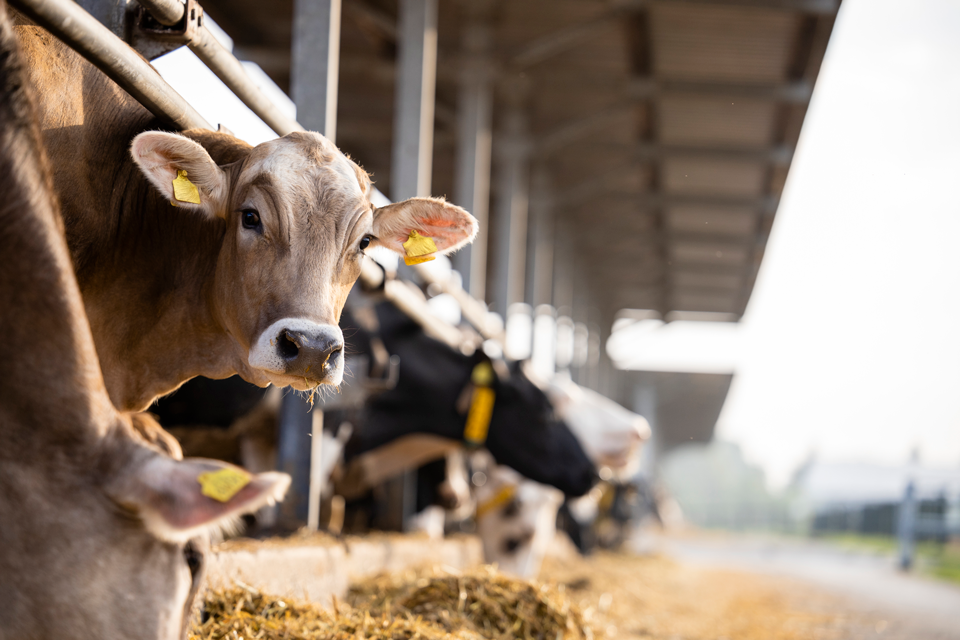
Harnessing Data to Enhance Agricultural & Food Security
Food security remains a critical priority, especially in rapidly growing regions like sub-Saharan Africa. DG harnesses data to help decision-makers understand agricultural, economic, and market systems, enabling timely, targeted support for farmers. By focusing on strengthening larger systems, we work to ensure smallholder farmers can access the information they need. We also build tools with partners to support information sharing, streamline processes, and ensure data quality and long-term sustainability, integrating learning strategies throughout to enable high-quality decision-making and results.
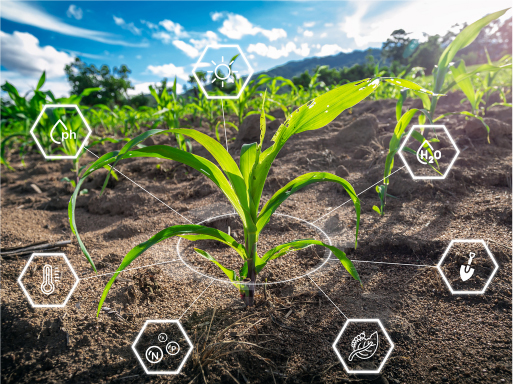
The Soil Nutrient Roadmap
The Soil Nutrient Roadmap helps governments translate soil health targets into costed, sequenced national plans – linking nutrient gaps to budgets, policies, and investment decisions.
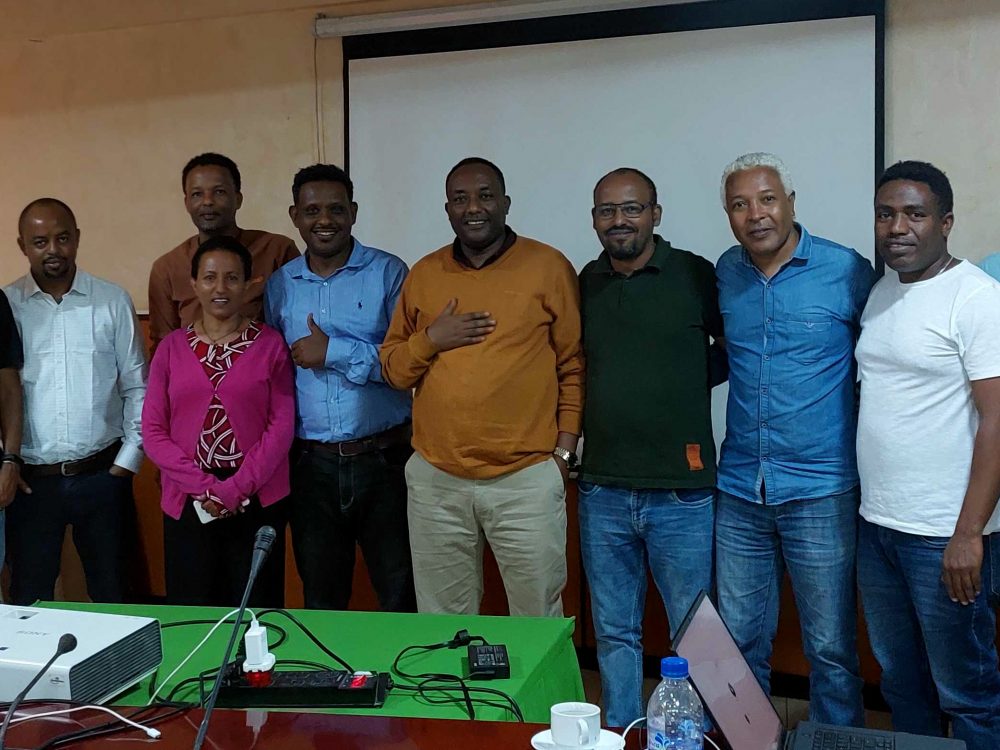
a Livestock Information Vision Ethiopia (aLIVE) Program
The aLIVE program is fulfilling the needs of livestock decision-makers in Ethiopia by improving the accessibility and reliability of livestock data. The overall goal of aLIVE is to support Ethiopia in meeting national food demands as well as achieving food security while building a more robust, independent economy.
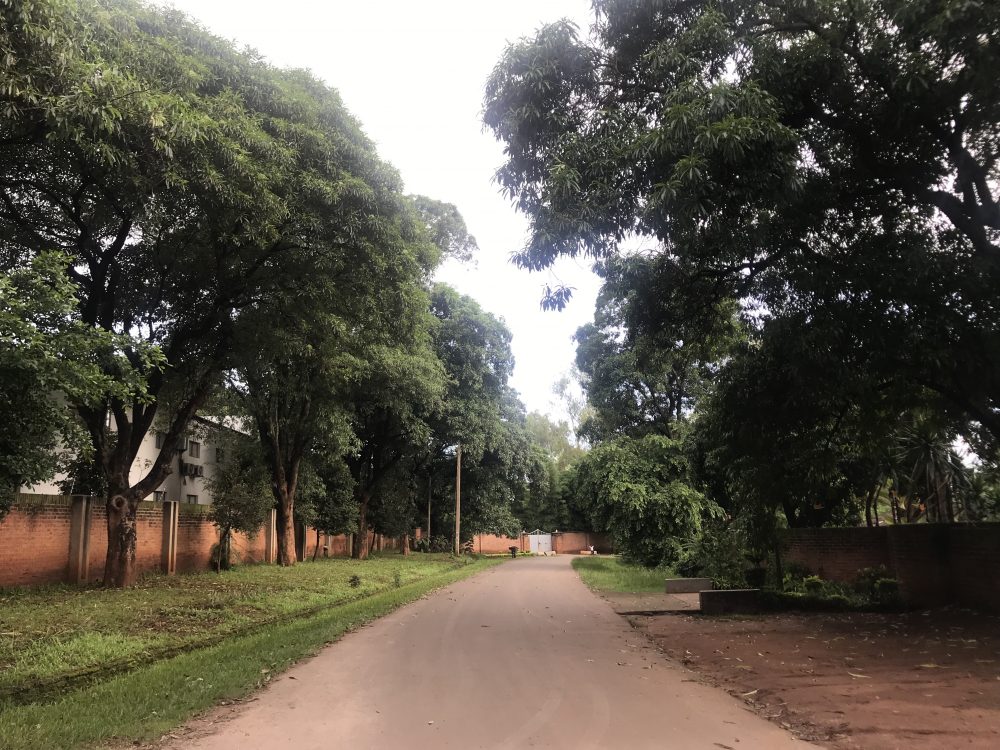
Digital Advisory Support Services for Accelerated Rural Transformation (DAS) Program
The DAS Program seeks to advance food security across Africa, the Middle East, and Central Asia by advancing access to and use of technological solutions that support smallholder farmers.
More from Our Blog
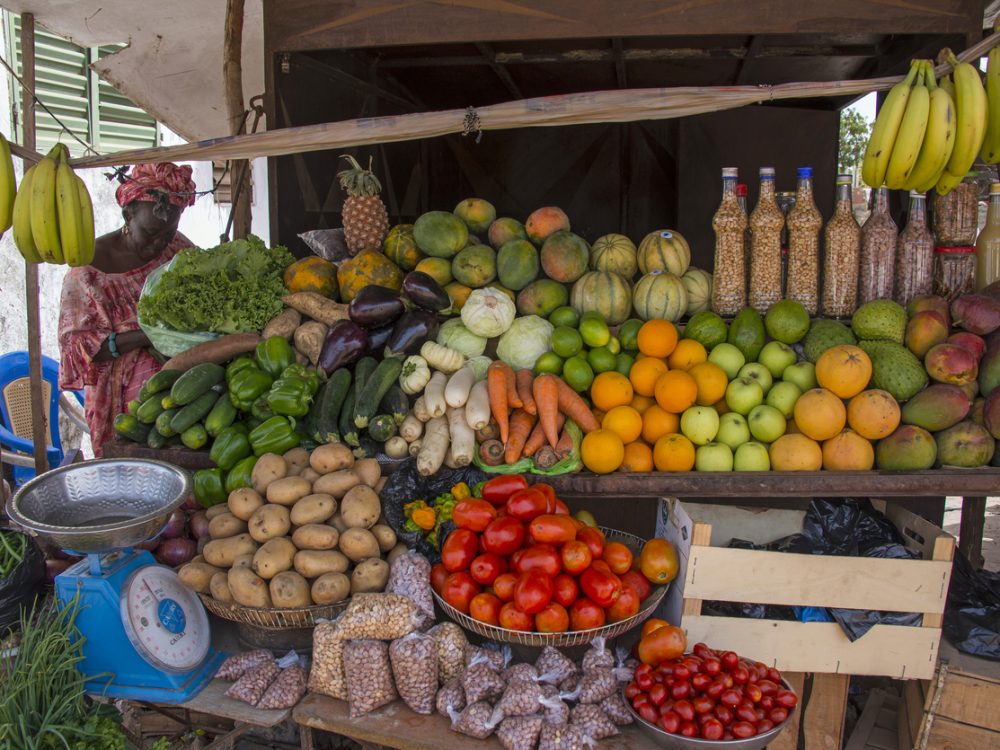
Development Gateway Collaborates with 50×2030 Initiative on Data Use in Agriculture
Development Gateway announces the launch of the Data Interoperability and Governance program to collaborate with the 50x2030 initiative on data use in agriculture in Senegal for evidence-based policymaking.
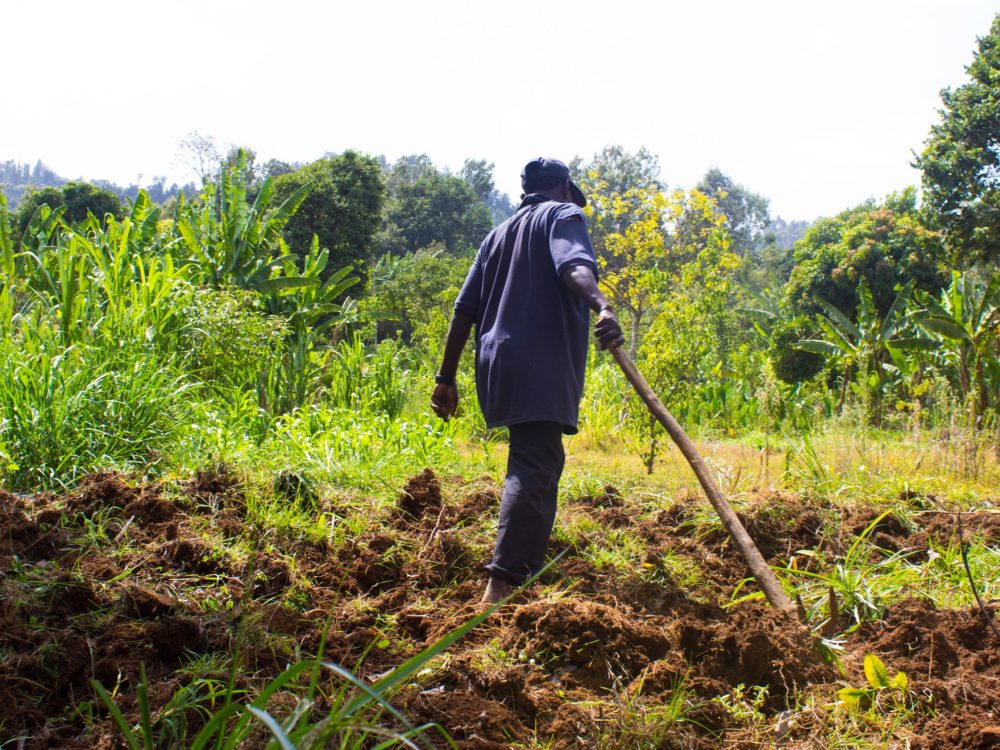
Reflecting on 3 Years of Digital Advisory Support for Agricultural Transformation
As the DAS program concludes, this blog reflects on its impact in advancing digital transformation in agriculture, highlighting lessons on capacity building, knowledge transfer, and sustaining resilient food systems.
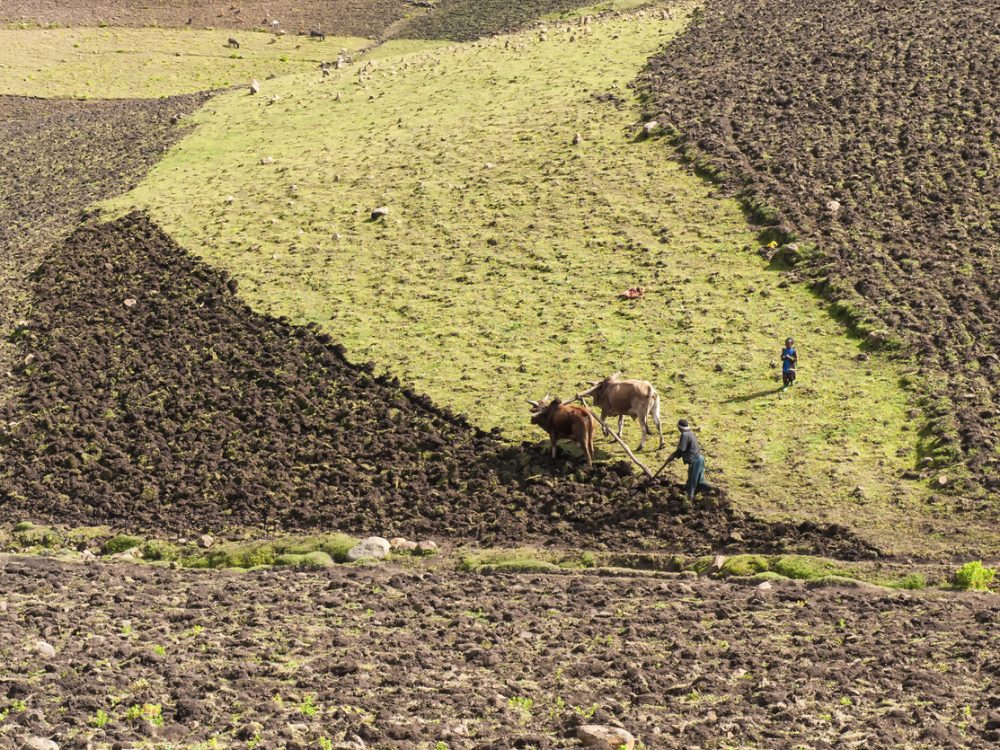
The Future of Food Systems: Spotlight on Ethiopia
When we discuss food systems, we are not just talking about farms; we are referring to the entire food supply chain. We are talking about how people eat, live, and navigate an increasingly volatile climate. This blog post analyzes Ethiopia's national food systems strategy as an example of where UNFSS can go next in strengthening food security globally.